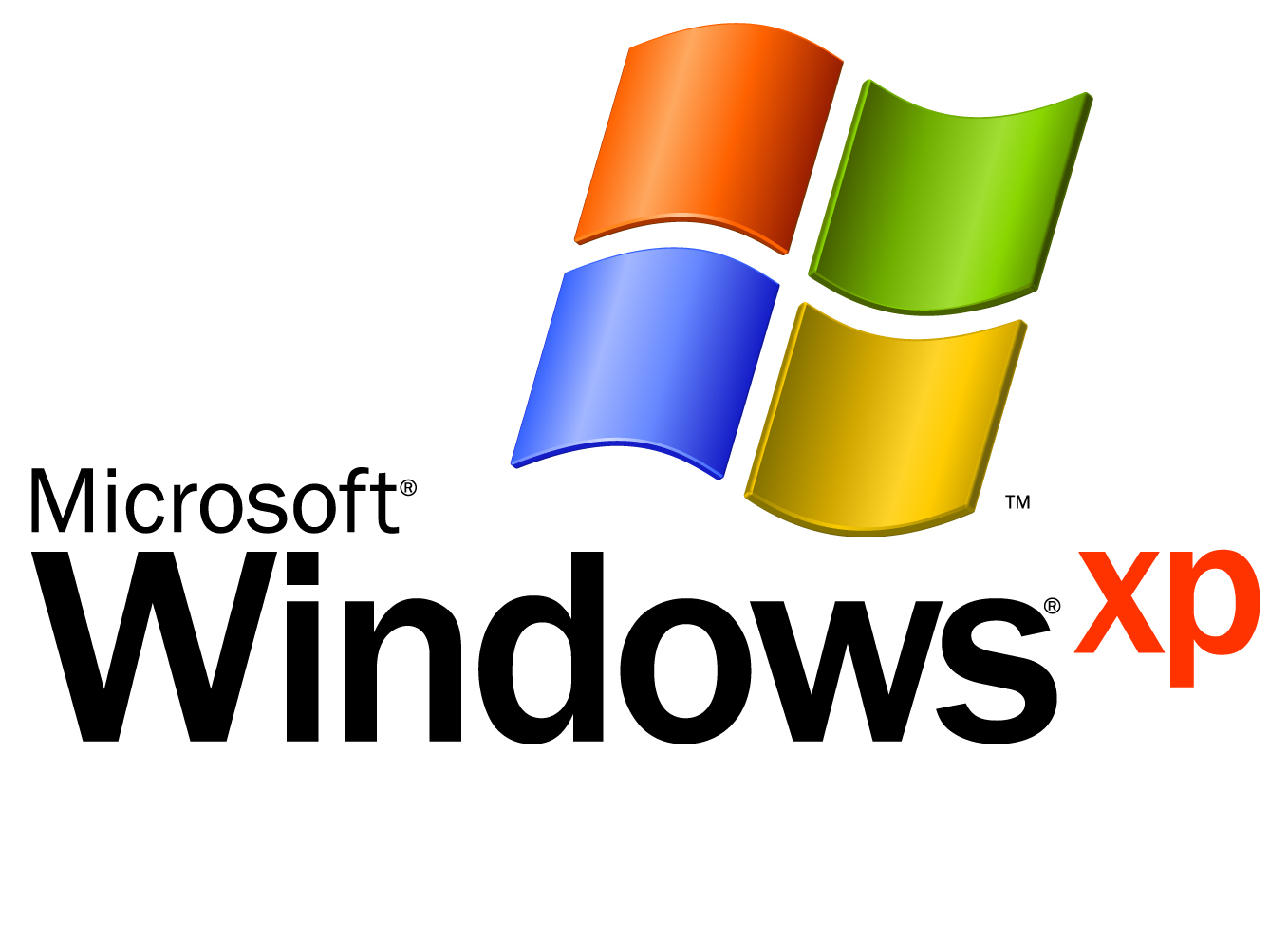Microsoft May Need to Delay Windows XP Death
Microsoft may be forced to stall XP's death.
What's going to happen when April 2014 rolls around and businesses still haven't ditched Windows XP for something safer, something fresher like Windows 7 or Windows 8? You know they're out there. Heck, just today I watched my doctor hammer in information on a Windows XP machine. Yep, that's my private, sensitive data stored on a decrepit operating system that, according to Microsoft, is 21 times more likely to be infected by malware than Windows 8. Simply lovely.
"Windows XP is no longer enough to defend against the onslaught of modern threats that organizations face on a daily basis," warns an official Microsoft document given out to Irish business customers. "Businesses that still run Windows XP will become even more vulnerable to malware and attacks after April 2014. The most significant risk is that PCs, and the data they contain, could be hacked and compromised."
Irish newspaper Independent.ie believes that it could be quite possible that Microsoft delays the death of Windows XP until more businesses make the switch. For some reason, there's a large belief that Microsoft will make an exception for this particular business and that specific business, that they will continue to receive support despite Microsoft's threat to discontinue. Are businesses in just plain denial, refusing to believe that Microsoft would actually end support, or is keeping with XP an excuse not to spend the resources needed to jump on a safer platform?
"Might [the refusal to update] defer the switch-off? Some still think it's a possibility," the paper reads. "These people include Ireland's recently appointed chief information officer, Bill McCluggage. Mr. McCluggage previously told this newspaper that if enough big organizations really weren't ready in time, Microsoft might have to think again."
The situation really isn't Microsoft's problem, is it? After all, the company has issued warnings for years, and turned up the heat after Windows 8 launched last year. Sure, the new OS looks different and could take extra manpower to figure out, but the Redmond company has admitted that even upgrading to Windows 7 would be sufficient as long as businesses aren't using Windows XP after April 2014.
The good news is that, according to Gartner, 90 percent of the large enterprises have already switched over or are in the process of migrating to Windows 7 or Windows 8. The issue, it seems, is that small to medium businesses aren't jumping on board quite as fast. Thus when April 2014 rolls around and a good portion of these businesses are still floating on Windows XP, what then? What will Microsoft do?
As a consumer, we should press for an update. I clearly asked my doctor why his office was still on the older platform after years of warnings, and he had no answer to give. Surprise. It's near the end of October, and my data could be at risk in a matter of months. You should be asking the same thing if a professional you know is juggling your data on a Windows XP machine.
Get Tom's Hardware's best news and in-depth reviews, straight to your inbox.
Follow us @tomshardware, on Facebook and on Google+.

Kevin Parrish has over a decade of experience as a writer, editor, and product tester. His work focused on computer hardware, networking equipment, smartphones, tablets, gaming consoles, and other internet-connected devices. His work has appeared in Tom's Hardware, Tom's Guide, Maximum PC, Digital Trends, Android Authority, How-To Geek, Lifewire, and others.
